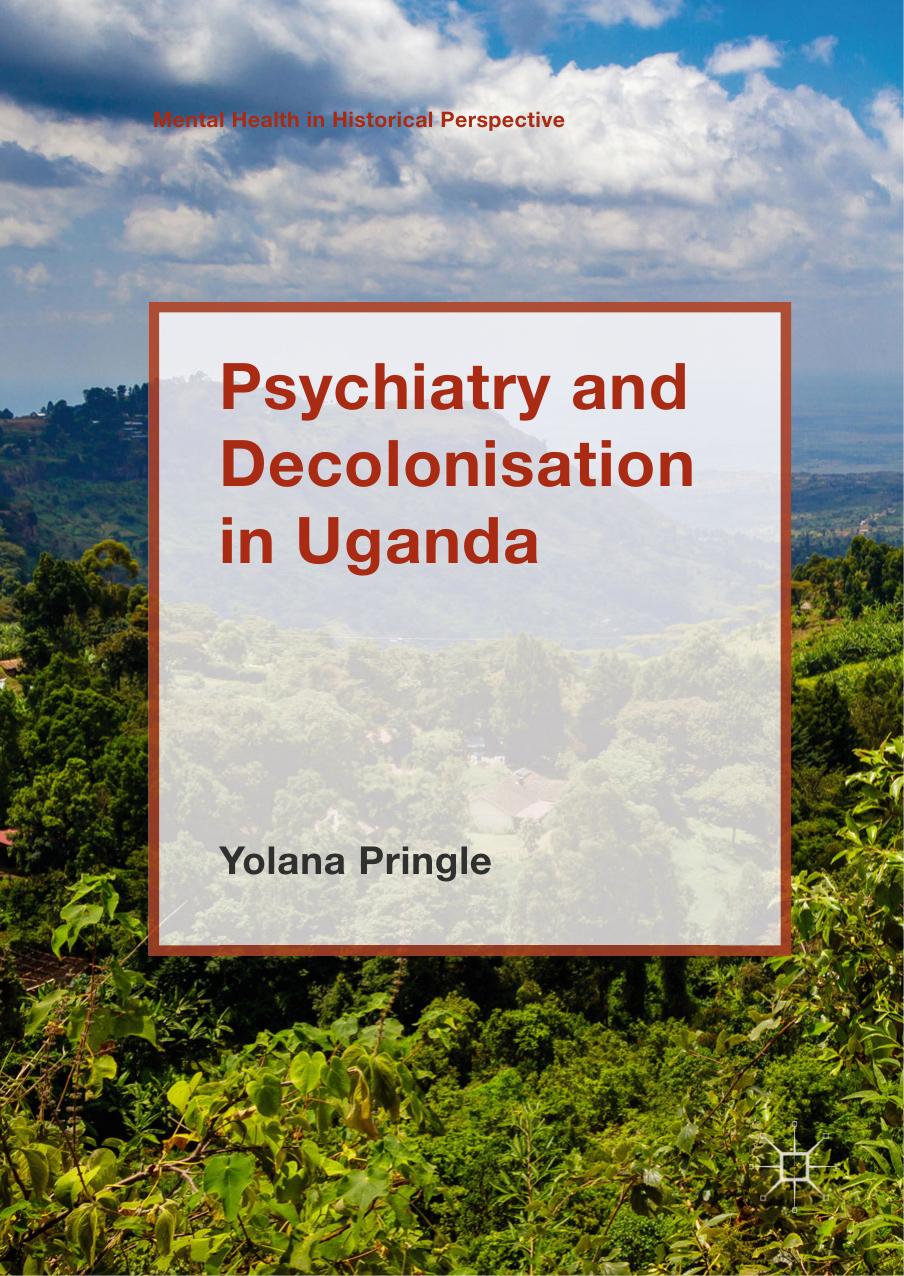Psychiatry and Decolonisation in Uganda by Yolana Pringle

Author:Yolana Pringle
Language: eng
Format: epub, pdf
ISBN: 9781137600950
Publisher: Palgrave Macmillan UK
Even then, despite all expectations, there was no guarantee that this preparation was not all for nothing when the âwhite clayâ was removed: âWill it be the pearl in the oyster shell, / Or mere rottenness?â 40 These Makerere graduates would have agreed with the psychiatrists that it was not âeducationâ per se that was a problem, but would likely have had very different ideas about the nature of changes required. Rather than seeing their experiences as indicative of the need for an increase in the capacity of mental health services in Uganda, it was the approaches, values and content of education that needed to be addressed.
Analysis of the problems facing students and urban migrants pointed to a need for wide-ranging reforms not only within education, but in the provision of social welfare services. Yet psychiatryâs interest in these groups did not translate into additional, targeted psychiatric support. While from 1966 psychiatrists ran a monthly clinic at Kasangati Health Centre, an area with a relatively high number of migrants, as well as individuals living alone, there was no specific service for Rwandan immigrants, and no psychiatrist who could speak Kinyarwanda. 41 At Makerere, too, students seeking assistance for anxiety and depression continued to rely on the Student Health Service which, reflecting the insular nature of the campus, was used by an estimated 80â90% of all students in any one year. 42 The medical practitioners who staffed the service had no specialist training in mental health, their main role in these cases being to counsel students. The small number of students who showed signs of schizophrenia or psychosis were referred to a psychiatrist at Mulago Hospital, but otherwise mental health was handled internally, and there were no plans to increase or change this service. 43 The importance of concern about education and urbanisation should instead be located in the way it provided a bridge between psychiatry and the needs and priorities of the developmentalist stateâa way of demonstrating psychiatryâs relevance to both state and society. In an attempt to combat the long-standing neglect of psychiatry by government officials, the psychiatrists of the late 1960s and early 1970s would use it to point to signs of growing pressure on medical, health and social welfare services in the future.
Download
Psychiatry and Decolonisation in Uganda by Yolana Pringle.pdf
This site does not store any files on its server. We only index and link to content provided by other sites. Please contact the content providers to delete copyright contents if any and email us, we'll remove relevant links or contents immediately.
When Breath Becomes Air by Paul Kalanithi(7265)
Why We Sleep: Unlocking the Power of Sleep and Dreams by Matthew Walker(5646)
Paper Towns by Green John(4170)
The Immortal Life of Henrietta Lacks by Rebecca Skloot(3827)
The Sports Rules Book by Human Kinetics(3590)
Dynamic Alignment Through Imagery by Eric Franklin(3490)
ACSM's Complete Guide to Fitness & Health by ACSM(3470)
Kaplan MCAT Organic Chemistry Review: Created for MCAT 2015 (Kaplan Test Prep) by Kaplan(3424)
Introduction to Kinesiology by Shirl J. Hoffman(3303)
Livewired by David Eagleman(3124)
The River of Consciousness by Oliver Sacks(2993)
Alchemy and Alchemists by C. J. S. Thompson(2913)
The Death of the Heart by Elizabeth Bowen(2903)
Descartes' Error by Antonio Damasio(2734)
Bad Pharma by Ben Goldacre(2731)
Kaplan MCAT Behavioral Sciences Review: Created for MCAT 2015 (Kaplan Test Prep) by Kaplan(2493)
The Gene: An Intimate History by Siddhartha Mukherjee(2493)
The Fate of Rome: Climate, Disease, and the End of an Empire (The Princeton History of the Ancient World) by Kyle Harper(2439)
The Emperor of All Maladies: A Biography of Cancer by Siddhartha Mukherjee(2431)
